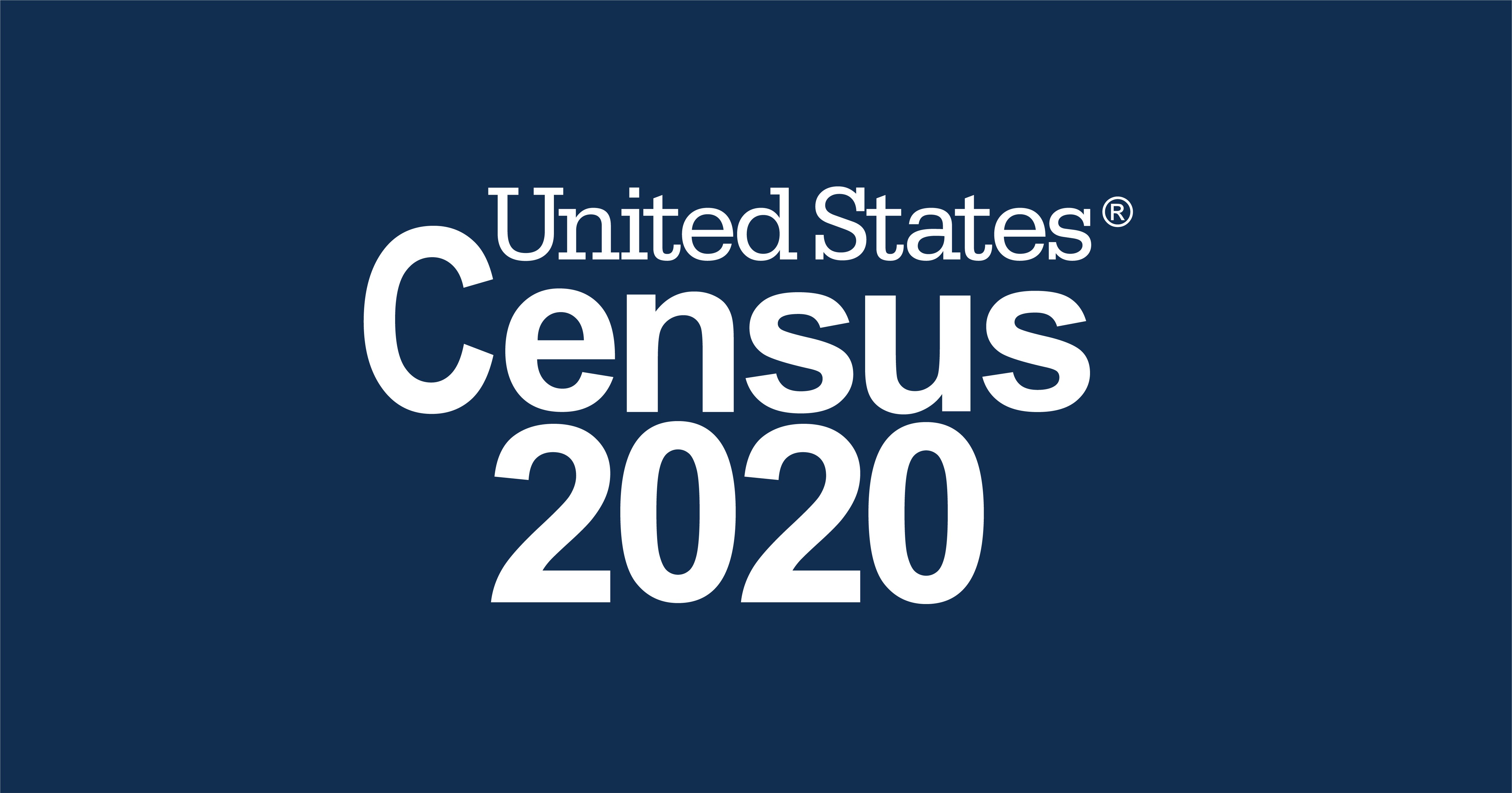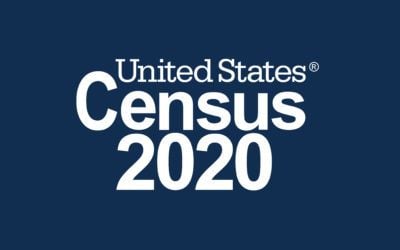
Most people know little or nothing about the US Census. But this is an activity that only takes place occasionally. So, many people will only experience the census a couple of times in their lives. As a result, many people do not care a lot about it, thus not adept about the subject.
The next US Census is to take place in 2020, while the next would be in 2030. So, not many Americans would know about questions that are commonly asked during the Census and what type of personal data might be requested by the US survey.
Sadly, scammers know of this and they are utterly preparing to use it to their advantage. Because Census only happens once in a blue moon that many people do not know about it, these fraudsters trick and intimidate citizens to share personal data.
Coronavirus Update
Because of the Coronavirus and in an effort to curb the in-person work of Census specialists. The US government is encouraging its citizens to respond to the Census online. What you do not want is to share your private details online, especially when you are not protected. You must be careful. Make sure you are only sharing your information with the US Census official website, https://www.my2020census.gov/ to avoid phishing scams. You should not deal with any other website.
What is the US Census?
Knowledge is power! It is important to know to learn more about the Census survey to prevent scams. The US government sends a Census survey to every American residence after every ten years. People are supposed to answer questions honestly. If you do not respond to the survey, the government dispatches surveyors to visit every hour and collect data.
Typically, Census data is collected by asking residence to respond to questions either over the phone or mailing survey answers. But things will be different in 2020. Residences will be required to respond to a Census survey by phone, mail or online. You will be required to log online and help your answers in data collection. But people should expect a lot of phishing activities online, targeting individuals that can easily share their personal information, which may be used for criminal purposes.
Identifying Census Survey Scams
The deadliest Census scam that people need to watch out for is phishing. Most American residences relate Census with the sharing of their details. People are always willing to answer questions about themselves. If you know anything about phishing scams, then you know that it is currently ongoing.
Fraudsters see this as the perfect time to prey on people who are willing to share their details. They masquerade themselves as the US Census Bureau and bombard you with sites and emails filled with questions that may appear too personal than what is usually required from the US Census survey. So, one way to avoid phishing scam is to check out the official US Census website to know how it looks and operate, and get to know what they will ask and not ask of you.
Questions to Expect from the Official US Census
- You will be asked to give details on the number of people staying or living in your house on the 1st of April 2020.
- You will be asked if you own the house or live there as a tenant.
- The sex of each occupant in your home.
- The age of each person in your home.
- The reach of each individual occupying your house.
- Whether an individual in the house is Spanish, Latino, or Hispanic.
- The relationship among those living in the household.
Questions You Will Not Be Asked by the US Census
- You will not be asked to share your Social Security Number.
- You won’t be asked to donate or give money upfront.
- You will not be asked to state your political affiliation.
- No details of credit card or bank account.
- No details about your mother’s maiden name.
If anyone asks you to share any of the above information, stop immediately and re-evaluate their credibility and check to see if the website is a legitimate one. Once you have figured out the site, expect to get a couple of threats that you will be arrested if you do not provide information to the site.
Here’s the thing:
The law requires you to respond to the US Census, but you cannot be arrested for not doing so, you will only pay a fine.
Protecting Yourself from Census Survey Scammers
Every person must receive a Census paperwork in their mail by 1st April 2020. You can send your answers on the phone, online or by mail. Those who will not respond in time will face the Census takers at home in May.
If you ever find yourself in a compromising situation and you feel suspicious, the best thing to do is to verify the survey’s legitimacy or wait for verification before taking any action. The US Census Bureau advises American residents to do the following if they find suspicious census activity.
In Case of an Email
Ensure the return address is Jeffersonville, Indiana. But if you still have doubts about the form or letter, call the Regional Office for your state. They will help verify the survey. The National Processing Center or Business Help Site can be contacted for business surveys.
If You Get A Call Regarding Census Survey:
- Contact the National Processing Center to confirm if the Census Bureau is a legitimate employee of the organization.
- If a person visits your home claiming to be from the Census Bureau, validate their Census ID badge.
- If you are still uncertain, contact the Regional Office in your state for verification.
If You Receive a Weird Email
- Do not click on the links provided. Neither should you reply or open attachments in emails that appear to be fishy.
- Forward the site URL or the email address to the Census Bureau to the following address: [email protected]
- After that, delete the message.
If you are already a victim of Census survey scam, contact IdentiSafe for professional assistance.
Related Articles
‘Pure Hell for Victims’ as Stimulus Programs Draw a Flood of Scammers
The federal government’s stimulus checks were meant to help people exactly like Krystle Phelps of...
Tools to Help You Manage Your Children on Social Media
No parent wants to imagine their children all grown: joining dating sites, social media, and...
Find Out if Your Credit Score is Affected by ID Theft
Every American resident knows about their credit score. They also know that the health of their...



